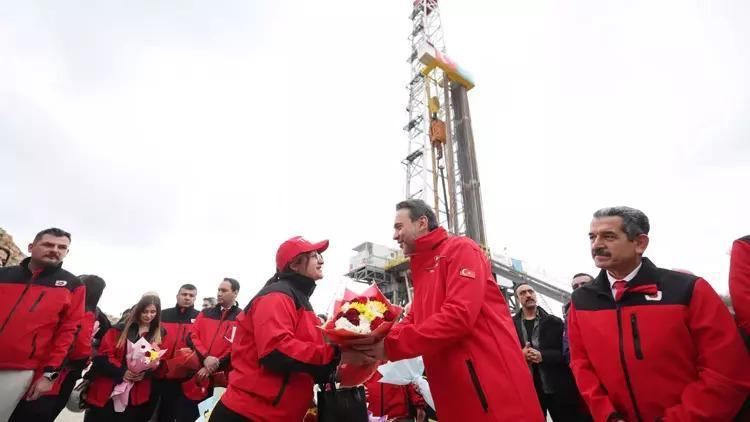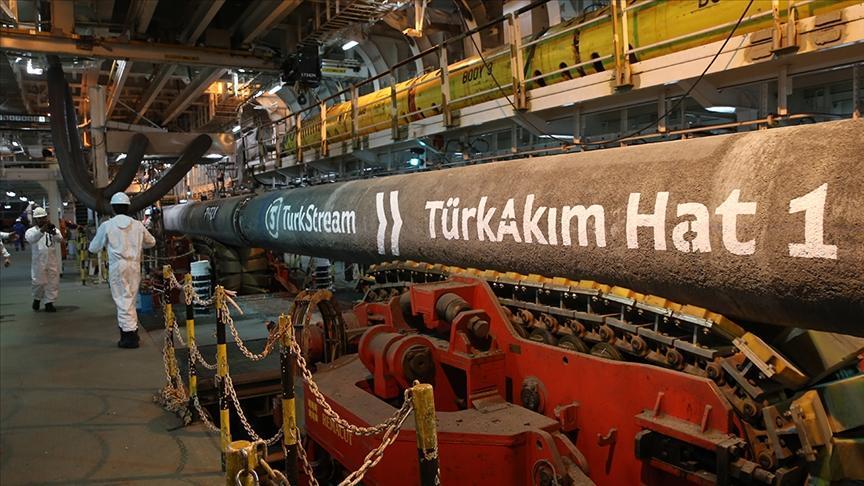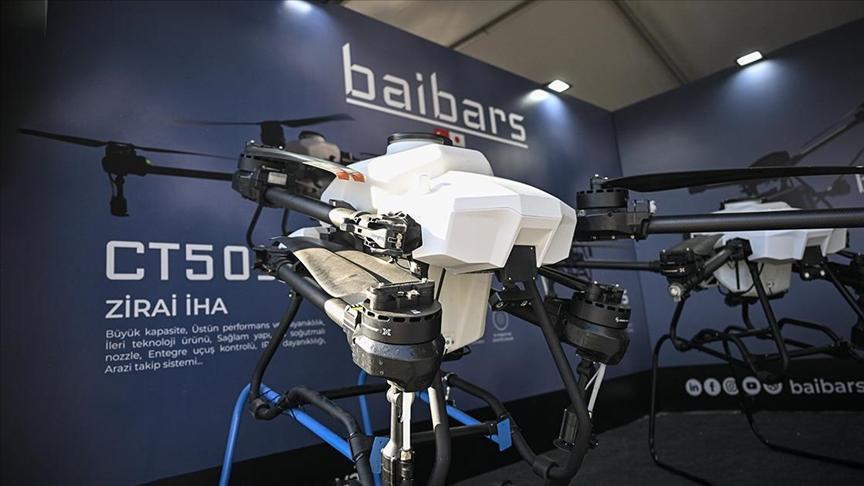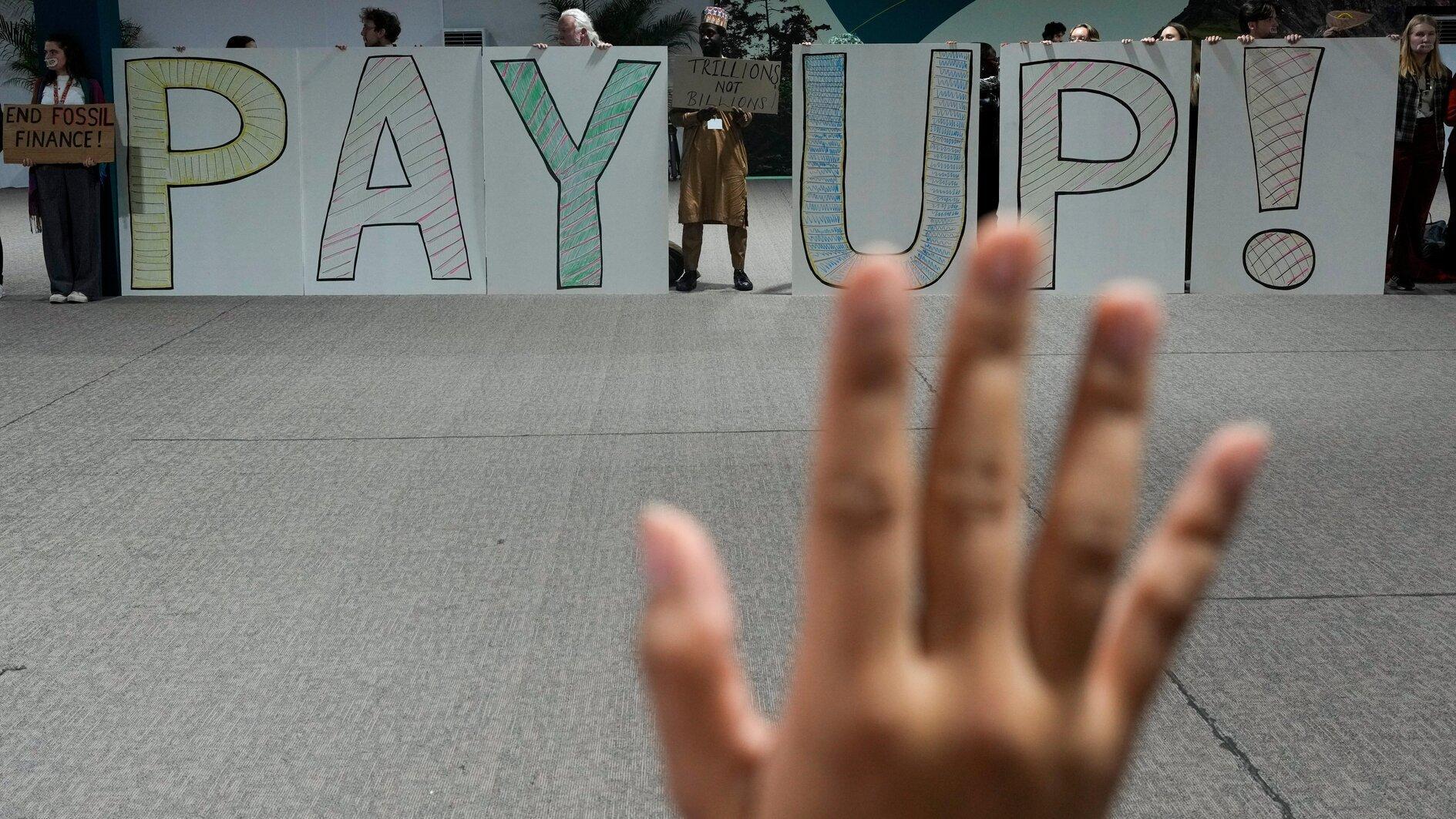Clinton visits Beirut ahead of a key election
Hurriyet Daily News with wires
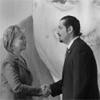
refid:11517491 ilişkili resim dosyası
U.S. Secretary of State Hillary Rodham Clinton met yesterday with Lebanese leaders on a stop in Beirut ahead of a critical election that could see a pro-U.S. government ousted by the Iranian-backed Hezbollah and its allies.Clinton arrived unannounced in Lebanon a day after a similarly secret trip to Iraq to show support for the country's fragile democracy before the June 7 vote. Hezbollah is gaining strength and some fear turmoil if it wins enough votes to play a dominant role in a coalition.
A strong showing by the militant Shiite Muslim group might also see its sponsors Iran and Syria gaining influence in the region and harming Arab-Israeli peace efforts. The U.S. and Israel regard Hezbollah as a terrorist organization, although it plays a role in Lebanon's current government.
"The people of Lebanon must be able to choose their own representatives in open and fair elections without the specter of violence or intimidation and free of outside interference," The Associated Press quoted Clinton as saying in a brief statement. "We join the international community in supporting the Lebanese government's efforts to achieve that goal."
US support for moderation
"Beyond the elections we will continue to support the voices of moderation in Lebanon and the responsible institutions of the Lebanese state they are working hard to build. Our ongoing support for the Lebanese armed forces remains a pillar of our bilateral cooperation," she said.
"There is nothing that we would do in any way that would undermine Lebanon's sovereignty," Reuters quoted Clinton as saying after talks with President Michel Suleiman in Beirut. "The United States will never make any deal with Syria that sells out Lebanon and the Lebanese people."
"You (Lebanese) have been through too much and it is only right that you are given a chance to make your own decisions."
She said she had delivered a letter from Obama to Suleiman "expressing the Obama administration's strong support to a free, sovereign, independent Lebanon."
The United States has provided $1 billion in aid since 2006, including $410 million in security assistance to the military and the police.
It was Clinton's first trip to the country, one of the most volatile in the Middle East. Prior to Clinton's visit, the U.S. ambassador to Lebanon had already expressed concern about the election, and Hezbollah's opponents warn the consequence may be the West isolating the country and Washington reducing millions in aid.
Hezbollah was skeptical about Clinton's visit and spokesman Ibrahim Mussawi said it could even have a negative impact on the pro-U.S. factions in the country.
Speaking on the group's Al-Manar TV after Clinton arrived, Mussawi said it was too early to tell whether the Obama administration has reassessed its policy, but he added that American "interference in the past was never positive."
’Double standard’
He also criticized what he termed a "double standard and deception" when the U.S. calls for Islamic factions to participate in elections and then refuses to accept the results if they win.
On its way from the airport, Clinton's motorcade passed a string of mainly yellow Hezbollah election campaign posters with the group's emblem showing a hand carrying an assault rifle.
Clinton visit coincided with the fourth anniversary of the pullout of Syrian forces from Lebanon. U.S.-led international pressure and domestic protests forced Syria to end 29 years of military presence in Lebanon after the assassination of Lebanese statesman Rafik al-Hariri in 2005.
Clinton backed a special court set up by the United Nations Security Council to try suspects in the Hariri killing. Clinton visited Hariri's grave in downtown Beirut and met Hariri's son and political heir Saad al-Hariri who leads the majority coalition.
While U.S. officials were at pains to avoid appearing to interfere in the elections, her decision to visit the grave and see Saad indicated her preferences in the election.
Meanwhile, on her first visit to Baghdad as chief U.S. diplomat, Clinton said Saturday that Washington remains committed to moving U.S. soldiers out of urban areas by June 30 and pulling out combat troops from the country by 2011. "Our strategy in working with you may be in a new phase, but we pledge our full and continuing commitment to Iraq and the Iraqi people," she said.


